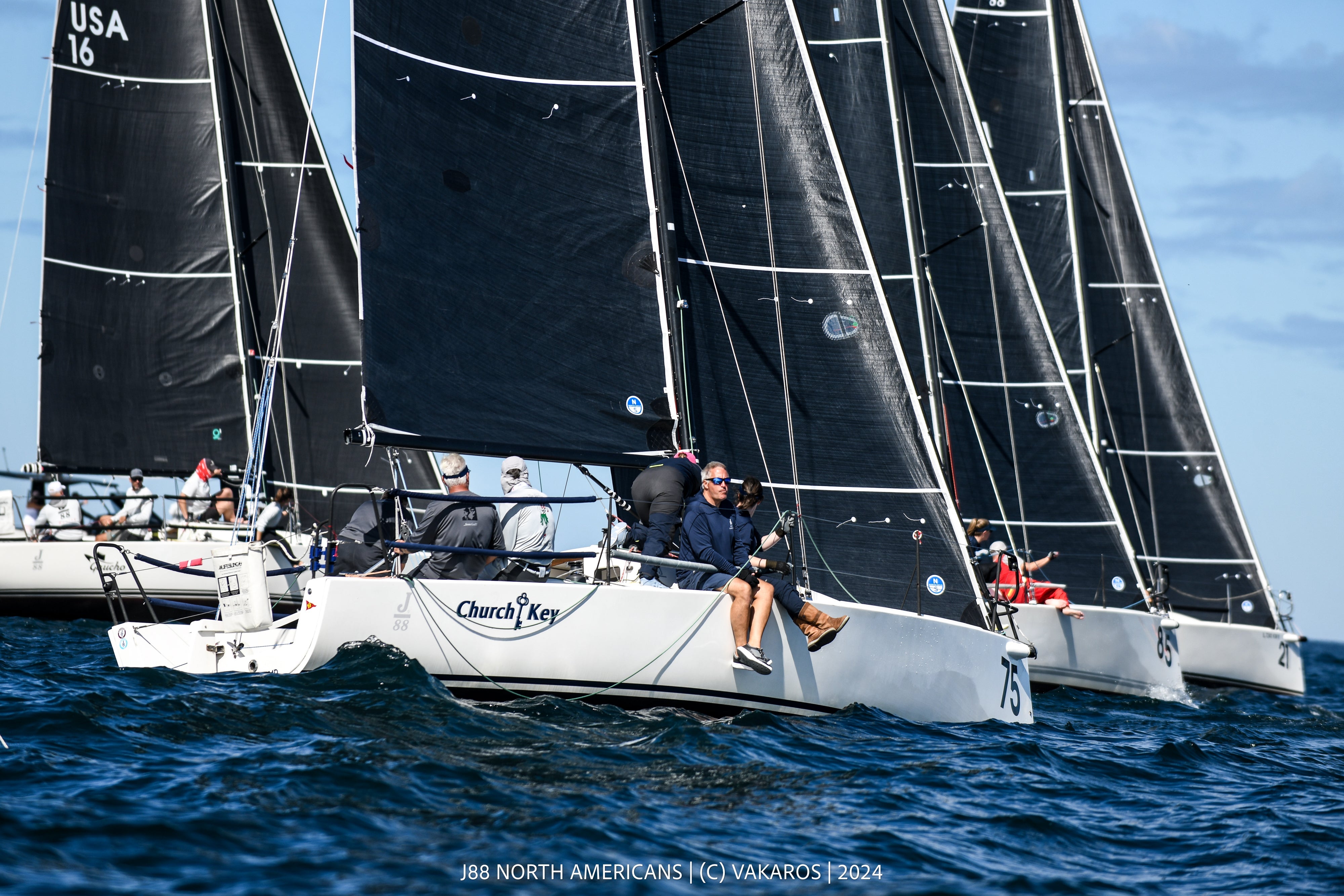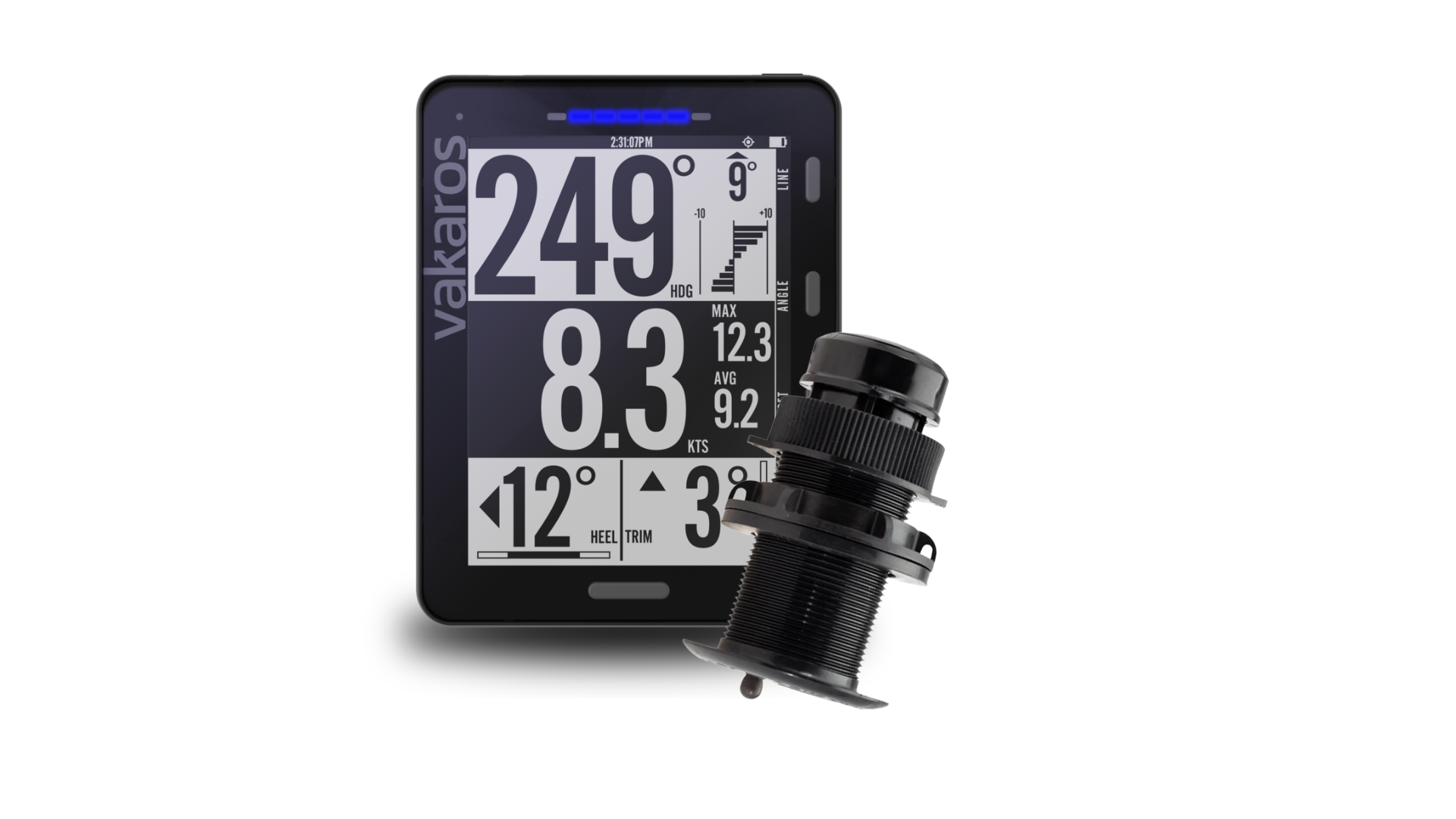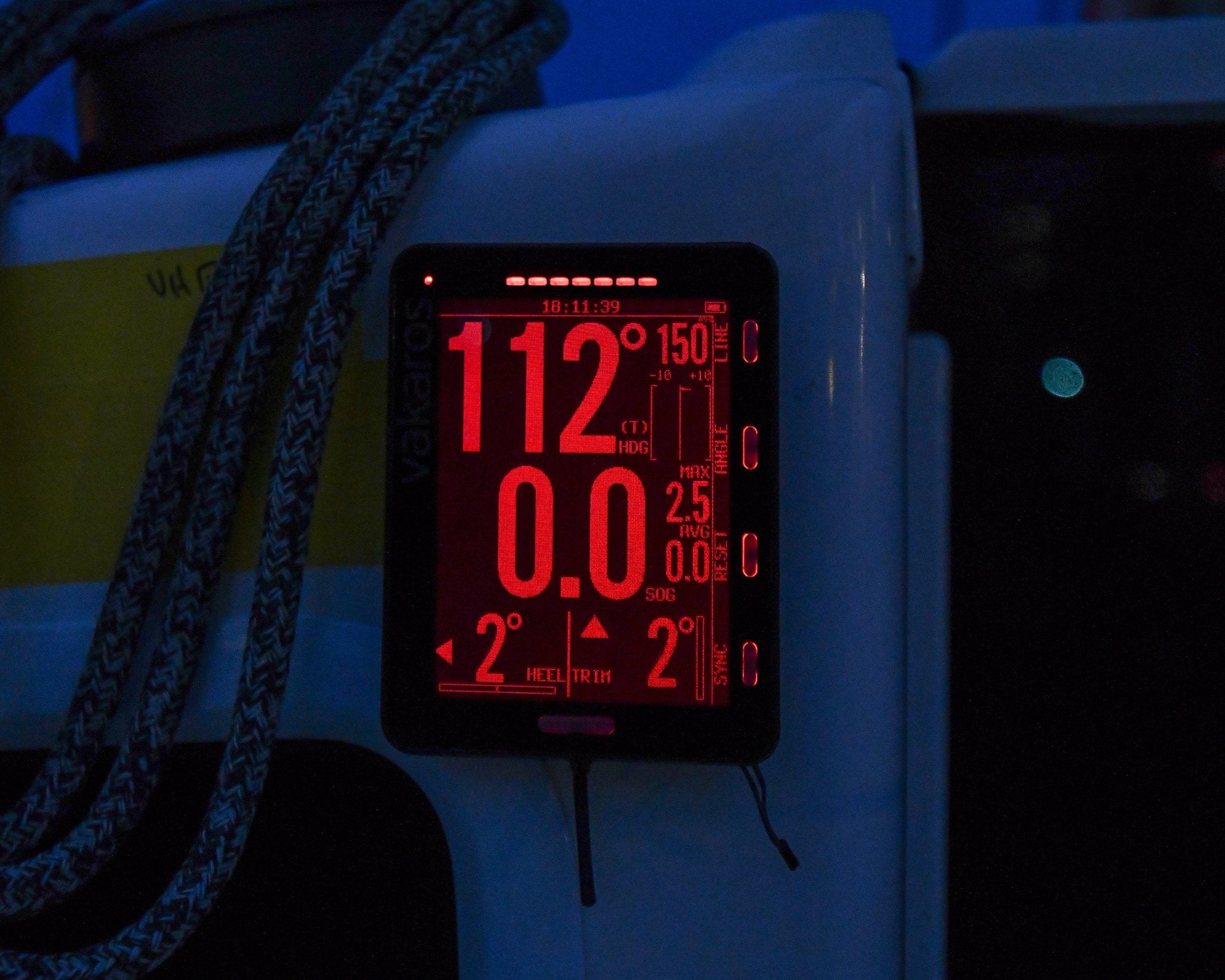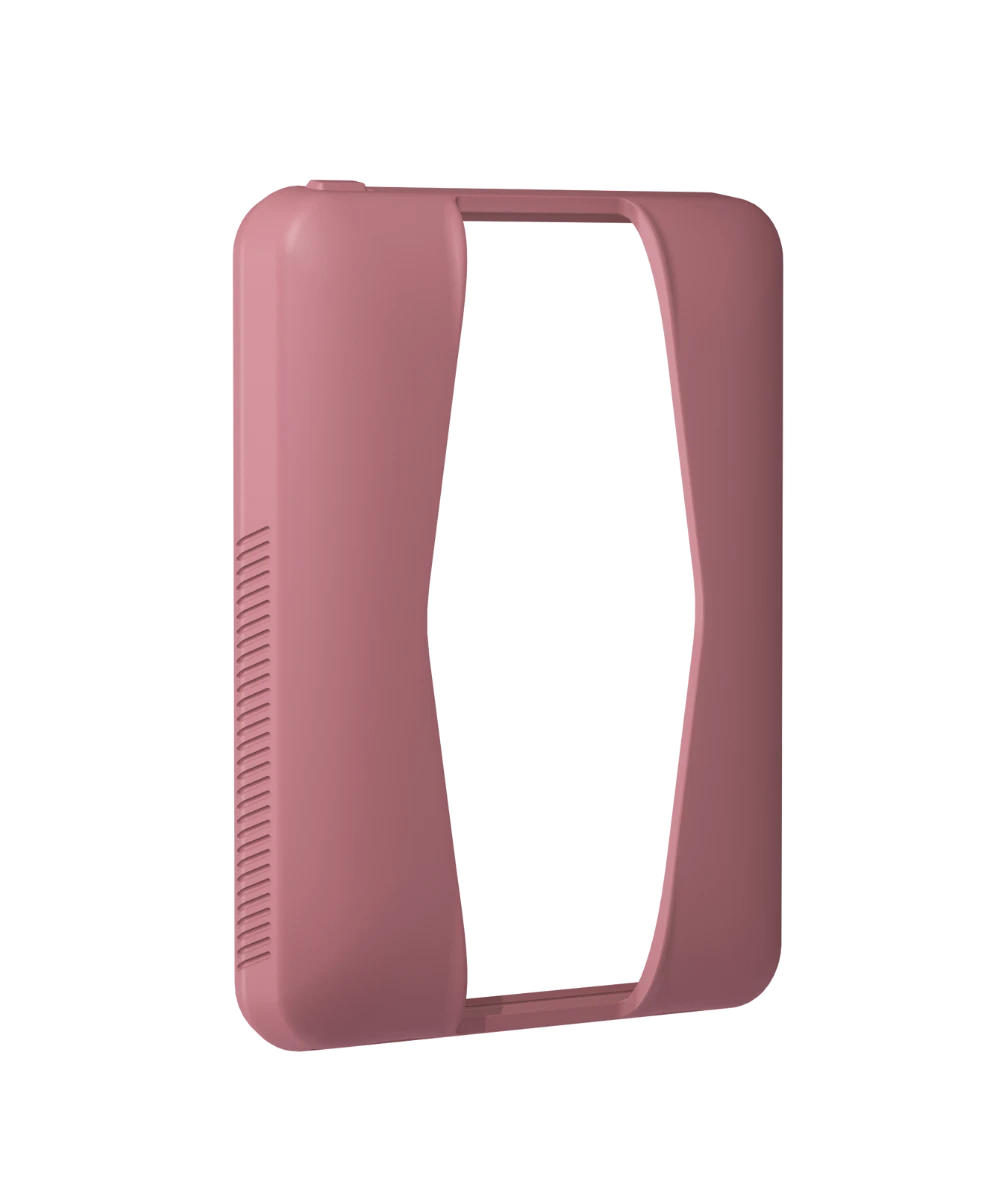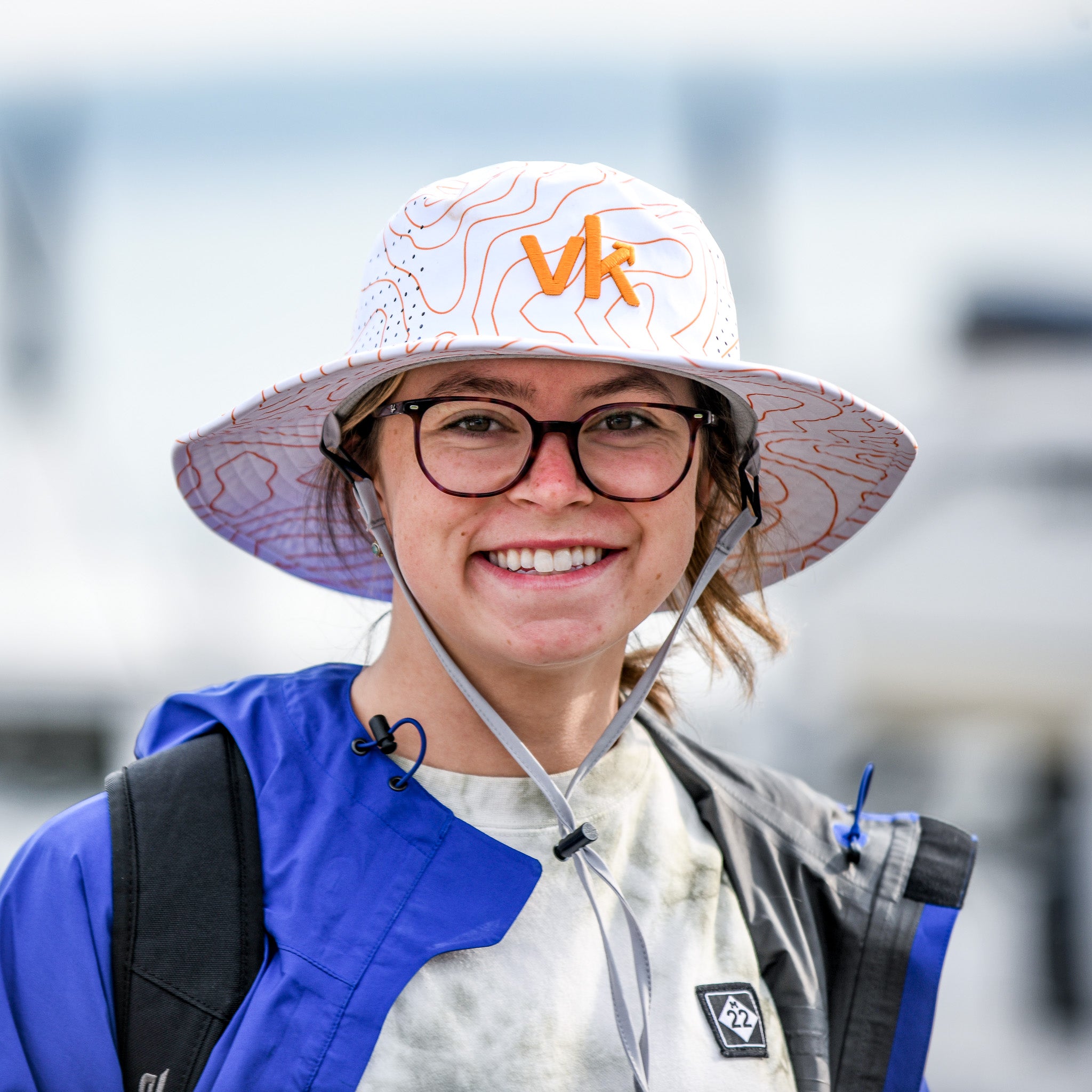Seven questions to Ivan Bulaja
Ivan, can you start by telling us a bit about your journey into professional sailing and how you found your way into the world of performance analysis?
I have been sailing since I was 6 years old. Went full on after starting to sail the 470 class. I have sailed at the Sydney Olympics and started coaching quite young, due to a lack of funding for future campaigns. Coached at six consecutive Olympic Games, all the way till Paris 2024, Croatian and Austrian 49er and 470 sailors. Since I was a kid, I liked to code and was good at science and math. Always wanted to combine it with sailing, and with the dawn of nice new logging hardware, I gave it a try.
How would you describe the work you do on a daily basis, and what are the main areas where you focus your attention?
I mostly do the reports for different fleets and classes. Apart from it, always improving the SailViewer app and thinking about what can be added or done better. On top of it, I am also now fully involved with coaching the USA SailGP team and am developing special app features to allow us to have an edge on other teams in understanding the main differences and what actually works.
Sailing produces an incredible amount of information. How do you go about turning raw data into something clear and useful for sailors and coaches?
For this, I use the SailViewer app. I have designed it as a coach, and it should simplify the process and make it understandable for sailors. I don't believe in looking at numbers only, the story should be told having in mind that people reading it are not geeks.
Can you share an example of when data analysis provided a breakthrough insight or changed the way a race or training session was approached?
One clear example was with kitefoiling tacks before the games. We spotted a difference between tacking on port and starboard, allowing our sailor to stop dropping precious meters and carry on to win the Olympic gold medal at the end. Just by looking at it on the water, we were even misguided in another direction, and data has helped us to get what is really going on.
Technology is moving quickly in the sport — what role does Vakaros play in helping you collect, process, or present information more effectively?
Vakaros guarantees me that I will have precise and clear data. Exporting and sending logs is easy for the sailors. On top of it, it is the only platform where I can pinpoint the start line data at the exact location, thanks to the amazing RaceSense platform.
Sailing is unpredictable by nature, with wind shifts, currents, and fleet dynamics. From your perspective, where can data make the biggest difference in performance?
For clear speed analytics, you need stable conditions. However, sailing is so much more than just speed. Shifts and currents add another dimension to it, and GPS tracks can help you resolve a lot of things after a day on the water. As a sailor, you don't have a bird's eye view of your racing, and very often you don't perceive things as they were. Data tells you the truth and removes any discussion within the team about what actually happened.
Looking ahead, what excites you most about the future of data and technology in sailing, and how do you see tools like Vakaros contributing to that evolution?
The next big thing will be introducing AI more into it. Sailing is very complex, and I don't expect AI to take over soon, but it's just a matter of time before it will be good enough. I am sure that Vakaros will keep developing its products further. Plenty of new ideas and solutions will arrive; it is even hard to imagine where they would take us.




